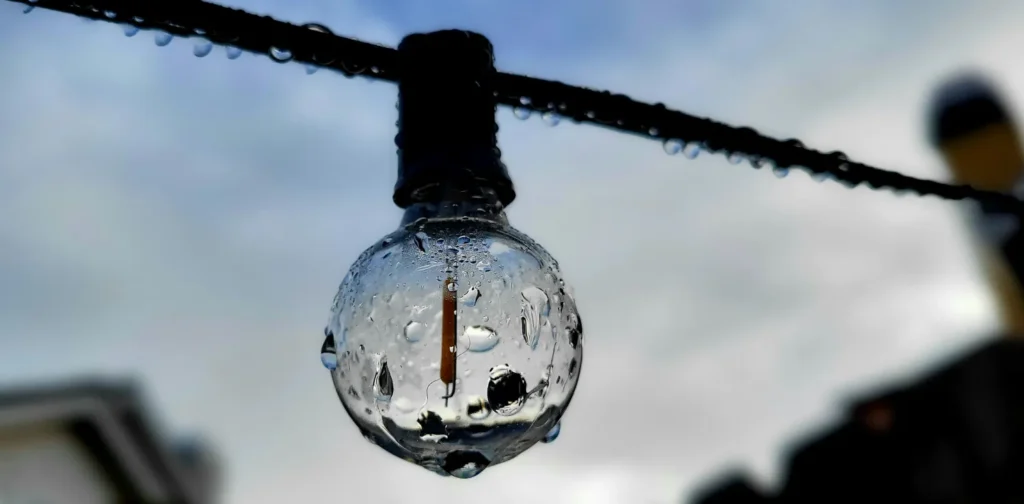How Solar Sister Connects Clean Energy with Women’s Empowerment

Photo: Unsplash
While the world progresses towards sustainable energy, millions of people continue to experience energy poverty. The lack of electricity is an issue that extends to aspects like health and education, essential for modern quality of life. To help address the crisis, a grassroots initiative in Africa, called Solar Sister, offers a solution that combines two important things: clean energy and women’s empowerment.
Limited Access to Clean Energy
Over 600 million people in sub-Saharan Africa still live without access to electricity and other forms of modern energy. This limitation forces communities to rely on firewood, charcoal, and kerosene lamps.
Unfortunately, these traditional fuels pose severe health risks, including respiratory and vision problems. The constant use may even lead to death, contributing to the cause of more than 3 million deaths per year globally, including approximately 237,000 deaths of children under five. Women are most affected, as most of them bear the responsibility for household needs like cooking and collecting fuel. Meanwhile, the absence of electricity also limits children’s ability to study when the day gets dark, perpetuating the vicious cycle of multidimensional poverty in vulnerable communities.
Solar Sister and Women’s Empowerment
Governments have the responsibility to expand access to electricity for all. However, efforts can also begin within communities. Founded in 2009, Solar Sister recruits, trains, and supports local women in several African countries to be clean energy entrepreneurs. Through a direct sales network, this social enterprise aims to promote women’s economic independence, especially in rural areas.
Over a 12-month training period, participants develop business, leadership, and goal-setting skills to sell solar-powered products, such as solar lamps, phone chargers, and clean cookstoves, to communities with limited access to electricity. This model integrates women into the energy supply chain, empowering them to support their own community development amid the global energy transition.
Solar Sister’s network began in Uganda and has since expanded to countries such as Tanzania, Nigeria, Kenya, Rwanda, and South Sudan. To date, the program has contributed to selling over 860,000 clean energy products, preventing over 1.4 million metric tons of carbon emissions in estimate and helping improve air quality.
Towards an Inclusive Energy Transition
As efforts for energy transition continue as an integral aspect of sustainable development, we must not forget the core principle of leaving no one behind. Local communities play a crucial role in developing and deploying innovative solutions to address energy-related issues. Still, governments, businesses, and organizations have a bigger role in collaborating and providing systemic solutions to these challenges. Investing in entrepreneurship training, expanding access to microfinance, and ensuring that energy policies prioritize marginalized groups are some ways to expand equitable clean energy access without leaving anyone behind.
Editor: Nazalea Kusuma & Kresentia Madina


 Reframing Governance in the Era of Water Bankruptcy
Reframing Governance in the Era of Water Bankruptcy  Strengthening Resilience amid Growing Dependence on Space Infrastructure
Strengthening Resilience amid Growing Dependence on Space Infrastructure  Indian Gig Workers Push Back Against 10-Minute Delivery Service Strain
Indian Gig Workers Push Back Against 10-Minute Delivery Service Strain  Call for Governance: Grassroots Initiatives Look to Scale Efforts to Conserve Depleting Groundwater
Call for Governance: Grassroots Initiatives Look to Scale Efforts to Conserve Depleting Groundwater  Integrating Environment, Climate Change, and Sustainability Issues into Education Systems
Integrating Environment, Climate Change, and Sustainability Issues into Education Systems  Finally Enforced: Understanding the UN High Seas Treaty
Finally Enforced: Understanding the UN High Seas Treaty